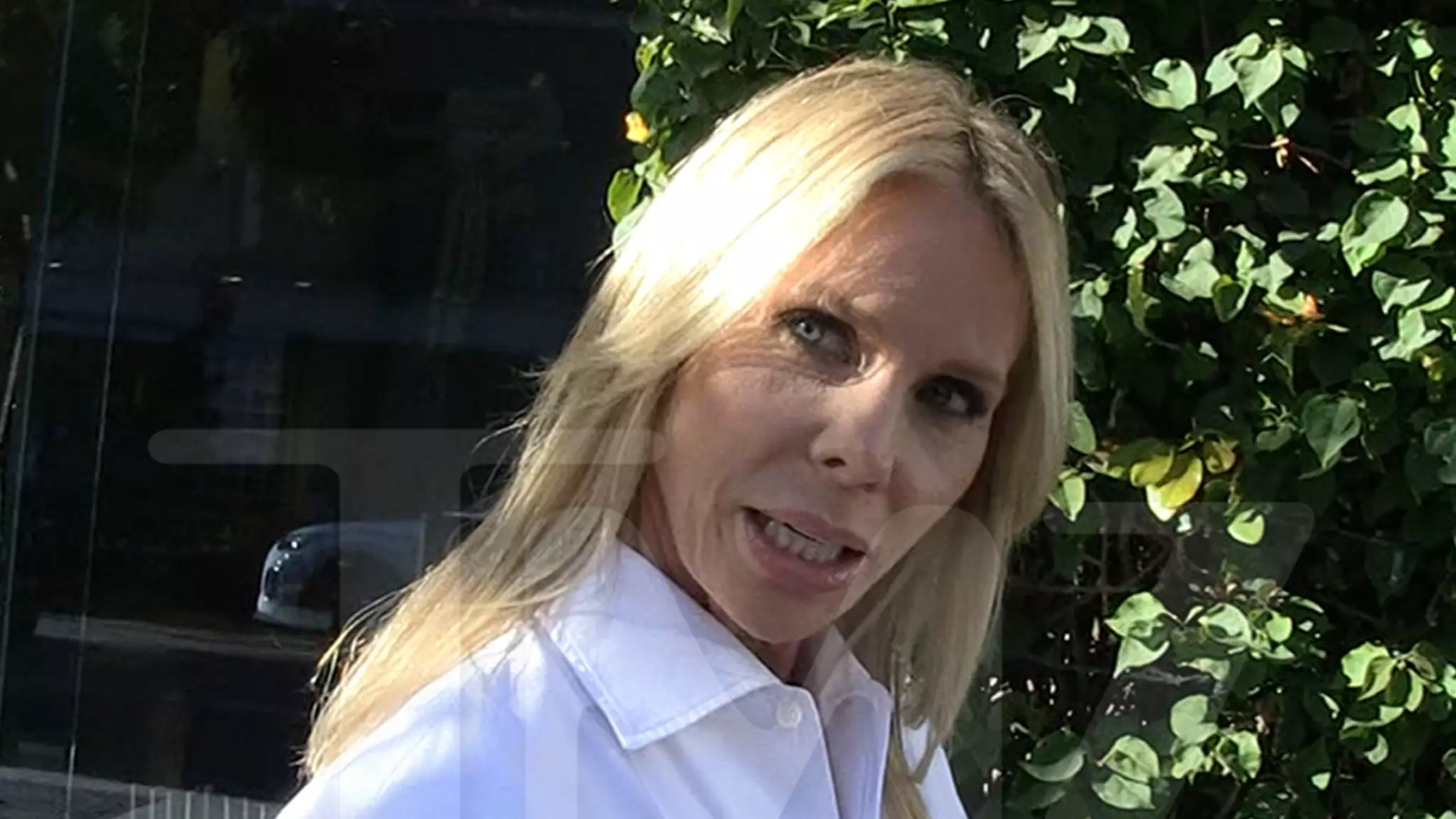Cheryl Hines, the celebrated actress and advocate, has recently found herself in the spotlight, not just for her career but also for her relationship with Robert F. Kennedy Jr. As Robert emerges as a significant political figure, especially with his nomination for Secretary of the Department of Health and Human Services under Donald Trump’s administration, the dynamics of their partnership have garnered considerable attention. Cheryl’s insights on their life together, particularly regarding Robert’s dietary habits amidst contrasting influences, provide a glimpse into this unique chapter of the Kennedy legacy.
The juxtaposition of RFK Jr.’s well-known health advocacy and his recent fast-food encounter with Donald Trump raises intriguing questions about personal choices. Robert, who has passionately criticized the American diet as “poison,” was infamously caught in a candid moment enjoying a meal from McDonald’s alongside high-profile figures like Elon Musk and Donald Trump Jr. This moment not only challenges his established persona but also potentially complicates his upcoming role in shaping national health policies.
Cheryl was asked about her husband’s gastronomic indiscretions, and her response highlighted his strong-willed nature. She dismissed concerns that Trump’s indulgent eating habits would influence Robert, asserting that Bobby remains steadfast in his beliefs. Cheryl’s reassurance about Robert’s convictions underscores an essential aspect of their relationship: trust in each other’s values regardless of external pressures.
Despite Cheryl’s confidence in Robert’s ability to maintain his health philosophy, the image of him devouring a quarter-pounder calls into question the balance between personal choices and professional responsibilities. The scrutiny of public figures often extends to their dietary preferences, leading to debates about authenticity versus adaptation. Robert’s unique approach—co-opting Trump’s “Make America Great Again” slogan into “Make America Healthy Again”—demonstrates his commitment to health reform while navigating the complexities of his environment.
Cheryl’s perspective brings an interesting element to the conversation: the idea of “expanding” one’s diet in strategic social settings. While this might have been a moment of indulgence, it suggests a broader understanding of collaboration and compromise in politics. Breaking bread with influential figures could symbolize more than mere dining; it could represent a willingness to engage in dialogue, even when it involves stepping outside one’s dietary comfort zone.
As RFK Jr. prepares to take on a significant role in shaping American health policies, the pressure to align his personal habits with his public stance grows. Cheryl emphasized her intention to support Robert while pursuing her acting career, a commendable endeavor that showcases the delicate interplay of passion and partnership. However, it may be prudent for Robert to maintain a core of healthful eating amidst the temptations of political life; a few almonds and kale might just serve him well in the halls of power.
Ultimately, Cheryl Hines’ insights remind us that the realms of health, politics, and personal relationships are often more intertwined than they appear. As the Kennedy name continues to evolve within the political landscape, the dietary choices of its members may become a telling reflection of their values and commitments.

